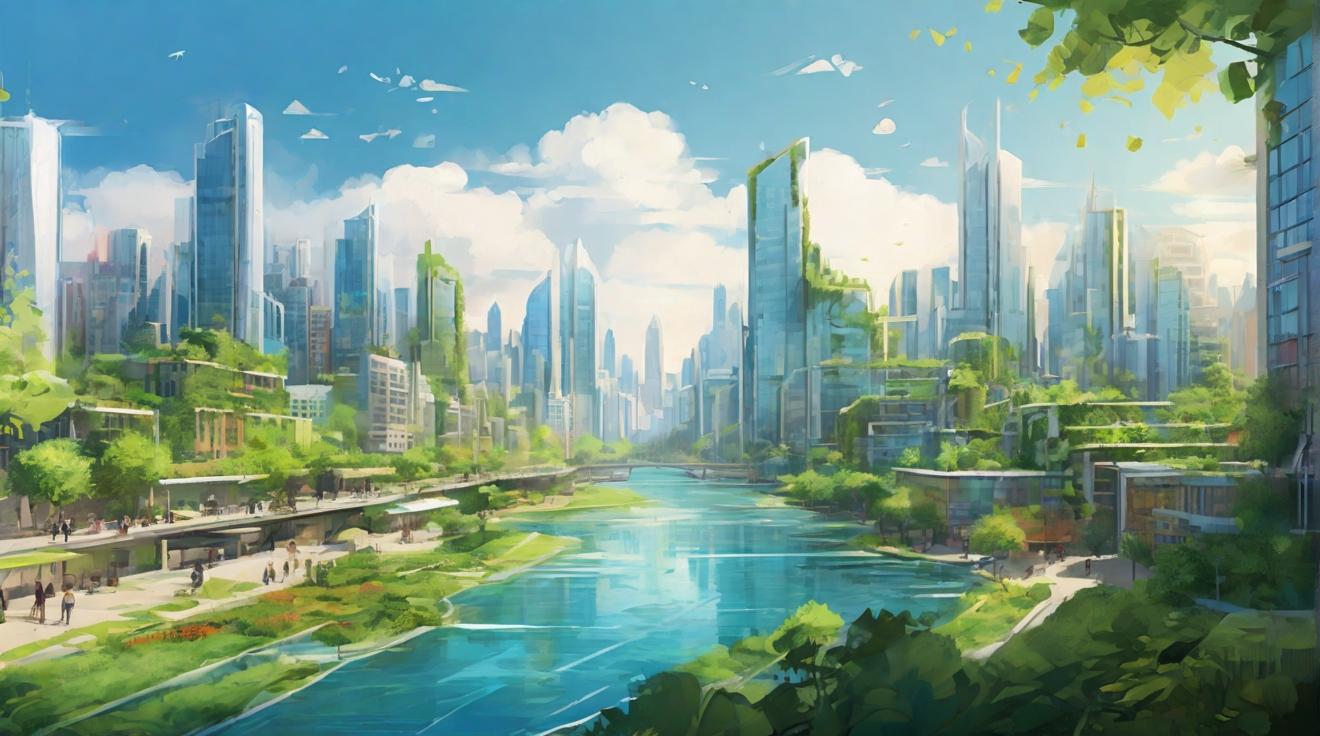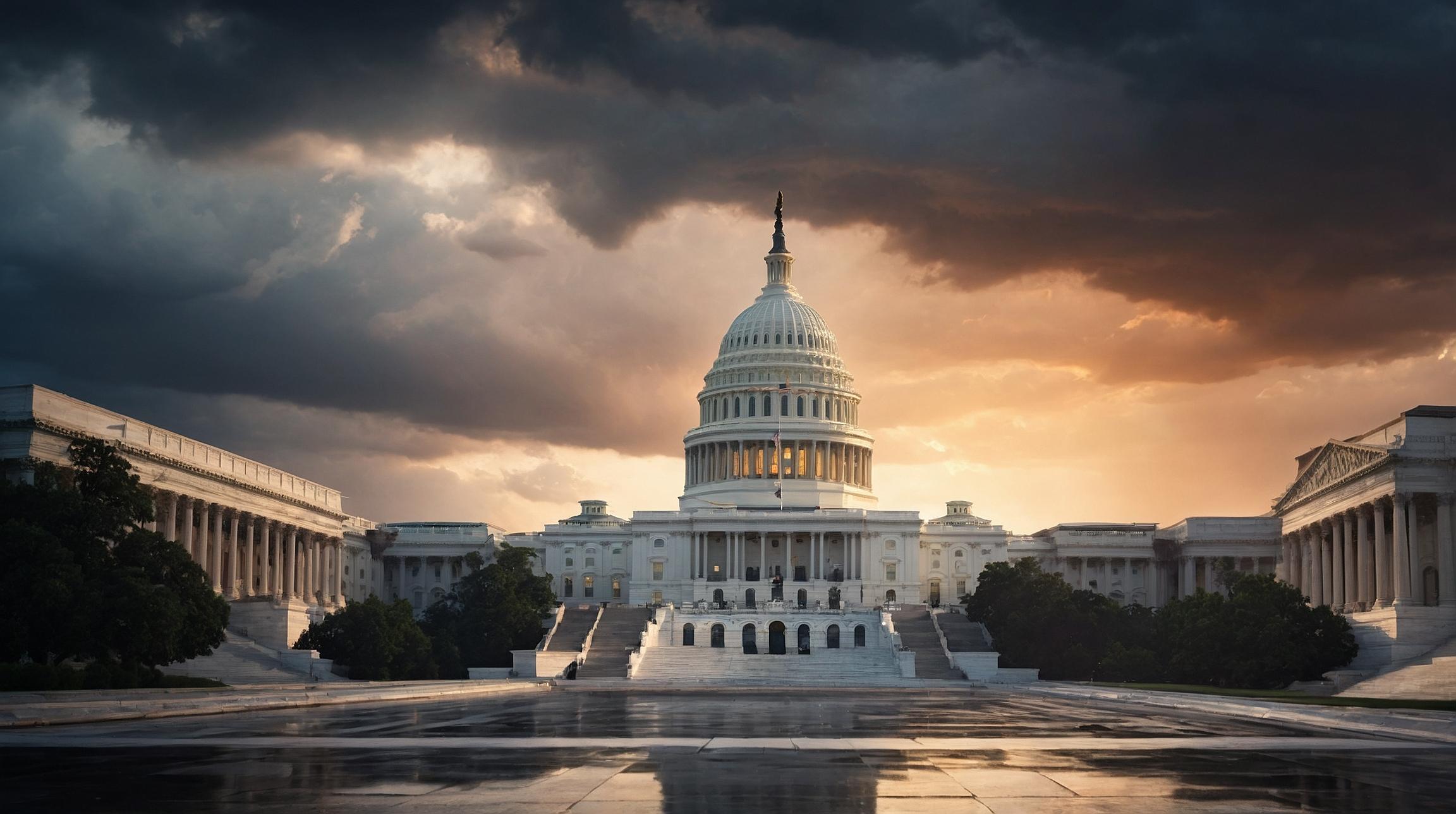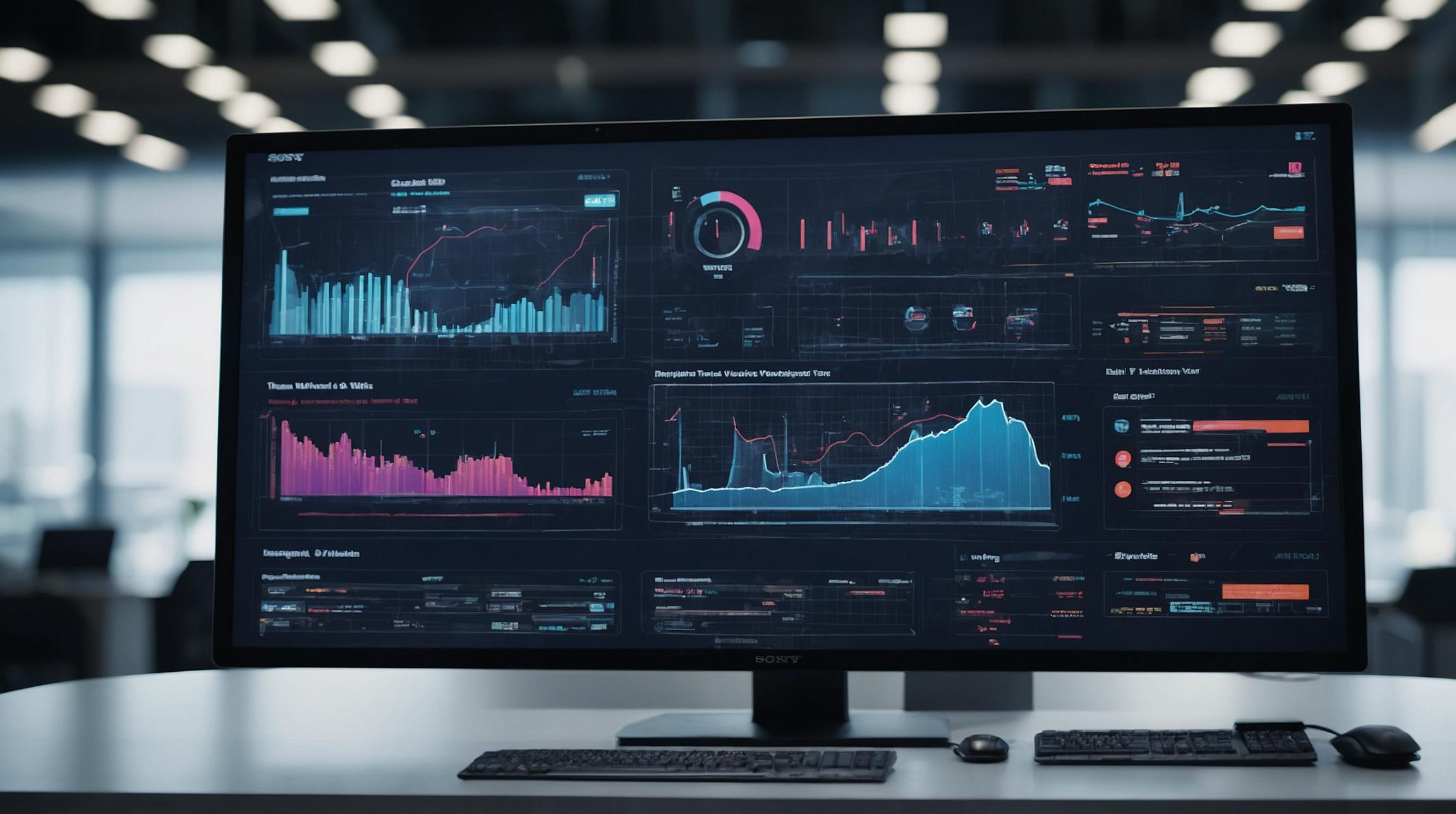Urban Heat Island Mitigation: Sustainable Solutions for Cooler and Resilient Cities SWOT Analysis
In the quest to combat the escalating urban heat island (UHI) effect, city planners and sustainability advocates are pushing the envelope with innovative and sustainable solutions. This SWOT analysis delves into the Strengths, Weaknesses, Opportunities, and Threats associated with current strategies aimed at making cities cooler and more resilient.
Strengths: Innovative Cooling Technologies and Green Infrastructure
The forefront of the battle against the urban heat island effect boasts an array of cutting-edge cooling technologies and green infrastructure solutions. These include highly reflective cool roofs, urban green spaces, and permeable pavement materials that significantly reduce surface temperatures. Additionally, the implementation of vertical gardens and the maintenance of urban tree canopies not only provide shade but also enhance air quality, showcasing a dual benefit in urban sustainability efforts.
Energy-efficient buildings are another pillar of strength, incorporating smart design and materials to reduce heat absorption and improve indoor air quality. These innovations underscore a commitment to reducing carbon footprints and fostering sustainable urban environments.
Weaknesses: High Implementation Costs and Maintenance Challenges
Despite the clear benefits, the path to widespread adoption of UHI mitigation strategies is fraught with financial hurdles. The high cost of implementation and ongoing maintenance expenses pose significant challenges, especially for cities grappling with tight budgets. Furthermore, the lack of technical expertise and resources in some regions hinders the effective execution and sustainability of these initiatives.
Opportunities: Public-Private Partnerships and Community Engagement
The fight against urban heat islands presents a unique opportunity for public-private partnerships (PPPs) to flourish. By leveraging the strengths of both sectors, cities can attract investments, share resources, and foster innovation in cooling solutions. Additionally, increasing community engagement and awareness about the UHI effect can galvanize public support for sustainable practices, such as tree planting and energy conservation, further amplifying the impact of mitigation efforts.
Threats: Climate Change and Urbanization
As global temperatures continue to rise due to climate change, the intensity and frequency of urban heat islands are expected to increase, posing a threat to public health and urban ecosystems. Moreover, rapid urbanization trends, characterized by the expansion of concrete and asphalt surfaces, exacerbate the UHI effect, underscoring the urgency of deploying effective mitigation strategies.
Conclusion: A Call to Action for Cooler, Resilient Cities
In conclusion, while the urban heat island effect poses a significant challenge, the advent of innovative cooling technologies and the potential for public-private collaborations offer a beacon of hope. However, overcoming financial and technical barriers is crucial to scaling these solutions and achieving cooler, more resilient cities. As global temperatures rise, the time for action is now—urban areas must prioritize sustainability and resilience to safeguard the well-being of their inhabitants and the environment.













